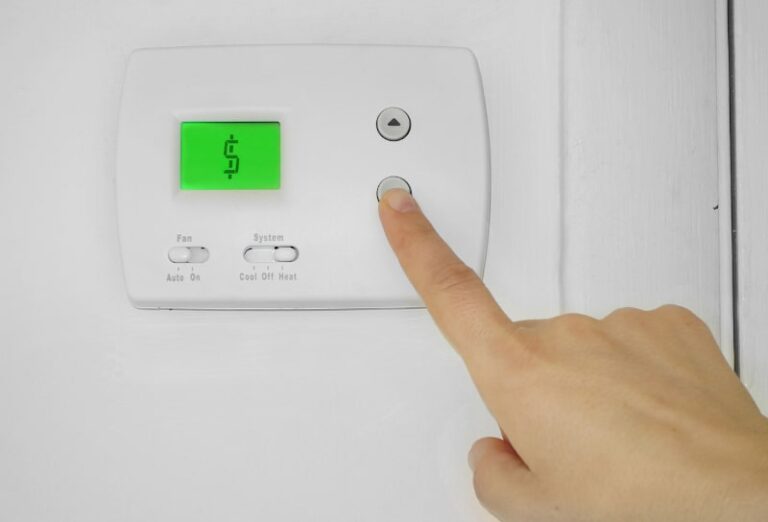Heat pumps provide homeowners with energy-efficient units for cooling and heating all year round. Whether you already have a heat pump installed or are considering investing in one, you want it to operate as efficiently and effectively as possible. Read on to discover the six factors that can affect the performance and efficiency of your heat pump in Opelika, AL.
Size
The size of a heat pump and its main components can affect its load capacity and energy coverage. To perform at optimum efficiency, you need to size your unit appropriately. If you regularly experience warm and cold spots or uneven heating in your house, a wrongly sized heat pump might be the culprit.
Technology
Due to technological developments, modern heat pumps tend to be more operationally efficient and energy-friendly. The makeup, selection and system design of components such as heat exchangers, motors and compressors play a significant role in the overall operating performance of a heat pump. So, it’s vital to talk to your local HVAC expert about the most important components to you based on your cooling and heating demands.
Age
Most HVAC systems have a lifespan of around 15 to 20 years, and the efficiency of your unit begins declining as it approaches that point due to wear and tear. You’ll not only spend more money to continue running the less efficient unit, but you’ll also begin experiencing problems that need constant repairs. Making repairs may improve your heat pump’s efficiency in the short term, but no amount of repairs can extend an older unit’s lifespan.
Climate
Opelika, AL can experience warm, muggy summers and cold, wet winters. These shifts in humidity and temperatures throughout the year can affect the cooling and heating demand you put on your home’s heat pump and the maximum load capacity of the unit. To boost your unit’s efficiency, use ceiling fans to reduce your dependency on ACs and keep all your windows and doors closed to prevent hot, humid air from flowing into your home during the hot summer months.
Control System or Thermostat
The control system or thermostat affects how closely the demand and supply for cooling and heating your home match but maintaining moderate temperature settings can be more cost-effective. Heat pumps work like air conditioners in their cooling mode, so turning up your unit’s thermostat will save you energy and money. Turning down your thermostat when your unit is in its heating mode can cause the system to perform inefficiently, thus canceling out savings attained by lowering your temperature setting.
Auxiliary Equipment
Auxiliary systems like pumps, fans and supplementary heating units can affect the overall performance of your HVAC unit, especially if they are energy-consuming. Under- or over-sizing auxiliary equipment or lack of maintenance can also affect your heat pump efficiency, leading to an uncomfortable home and high energy bills. Scheduling HVAC maintenance twice a year can help maximize the efficiency and longevity of your unit and also keep your home comfortable throughout the year.
Single-Stage vs. Multi-Stage Units
Single-stage systems operate at full capacity every time your heat pump runs and a multi-stage system performs at a lower capacity, especially as it nears the end of its cooling or heating cycle. Since single-stage units offer only a single level of cooling and heating regardless of your home’s temperature needs, it usually results in higher utility bills. On the other hand, multi-stage units conserve energy by adjusting to varying temperature needs, meaning your heat pump will operate more efficiently for a long time.
If your heat pump constantly needs repairs or is more than a decade old, replacing it can help meet your energy efficiency needs while minimizing your carbon footprint. Have your local heating expert assess your Opelika, AL home’s cooling and heating needs to help you select a good heat pump. To discover which heating unit best suits your residence and meets your projected energy efficiency needs, call to speak with our heating experts at Sensigreen Heating, Cooling & Insulation today.
Image provided by iStock


